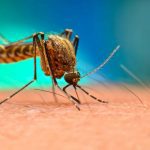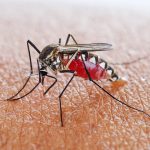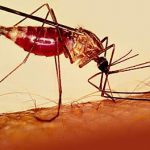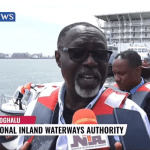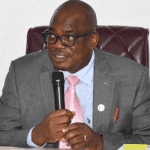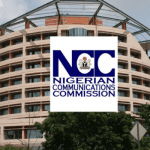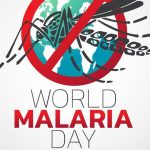Civil society organisations are seeking the implementation of community oversight, accountability, advocacy and civil society coordination of malaria interventions to improve service delivery in communities across states.
This formed the focus at the eleventh quarterly advocacy focused media dissemination meeting on malaria response in the country.
Malaria remains a public health challenge in Nigeria and more advocacy is continually needed to ensure that the disease is brought under relative control.
In 2021, Nigeria accounted for the highest global malaria cases and deaths, it equally accounted for an estimated 54 percent of malaria cases in the west African region.
A group of civil society organisations is now seeking more malaria interventions beginning with an improvement of healthcare service delivery on malaria in communities.
They want this done through some key pillars in the area of improving financing, leadership and governance, health workforce, service delivery and data collection enhancement.
In the same vein, they are urging for increased investment in health through the use of local resources for healthcare as they admit that the job cannot be left to the government alone.
The group believes that if attention to the pillars is effectively put in place, services will be available at the community level.



